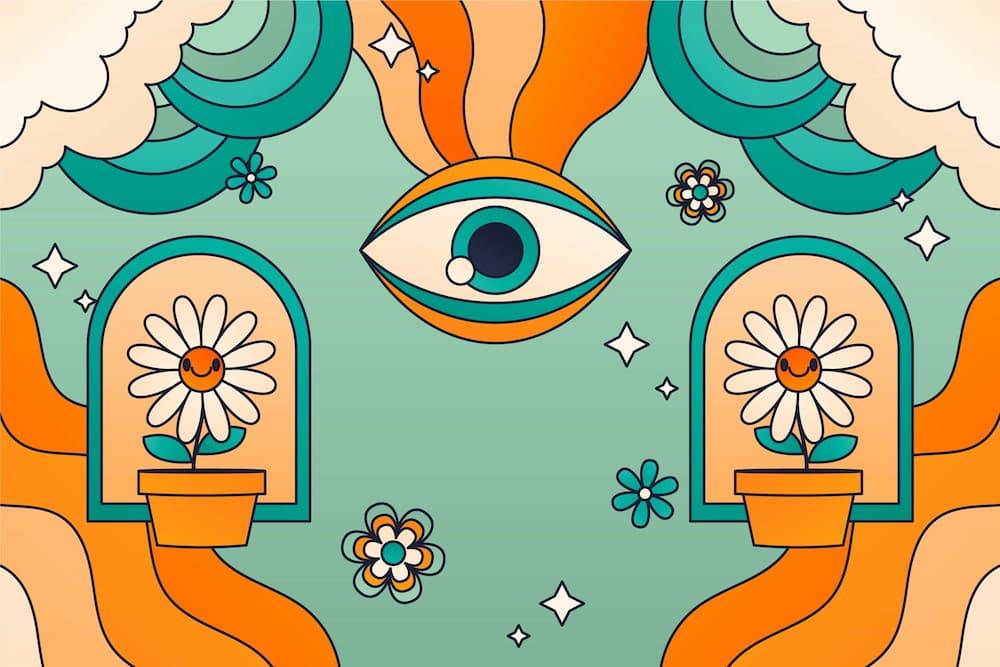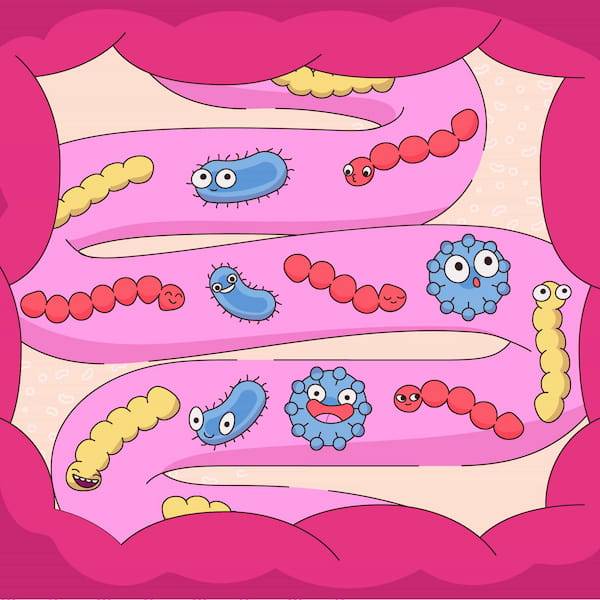

The Third Eye: exploring the gut-eye link
Seeing is believing. But what happens when your perception gets clouded? And I mean, literally. Because apparently, scientists have discovered that bacteria from your gut can travel all the way to your retina and disrupt your *clearing throat* perception of reality. Let’s understand this a little more before we roll our eyes.
Degeneration of the retina is one of the most common causes of blindness worldwide. This is an umbrella term and includes multiple disorders with different clinical symptoms. Some may be early onset and some may show up in the later stages of life; some are due to genetic causes and some due to environmental factors. Let’s focus on the genetic cause. Humans have a gene named Crumbs homolog 1, which we denote as CRB-1. This gene is responsible as a transmembrane protein. Imagine it as the glue holding the cells of your retina together and performing some critical functions therein. Stay with us, this is going to get interesting!
Until now, it was believed that CRB-1 is only present in the cells of the retina and the brain. But recently, scientists have found that CRB-1 is also expressed in the GUT! Now imagine this gene getting mutated. What would happen? It would stop functioning optimally due the mutations, which means that the glue is no longer glue-ing well enough to keep the cells together. This leads to a frail, easily penetrable barrier both in the eye and in the gut. This basically means no curfew for bacteria and them travelling all the way up to the retina for a vacation without a visa. And by vacation, we mean inflammation. Serious inflammation that can speed up the degeneration of the retina.
Scientists have tried re-introducing a functional CRB-1 into the gut lining and treating the mice models with antibiotics. Thankfully, this has shown to be useful in preventing the onset and progression of ocular disease.
Eyes can be tricked, so don’t believe everything you see. But you’d definitely not be wrong by believing in the supremacy of microorganisms :)
References
https://doi.org/10.1016/j.cell.2024.01.040

